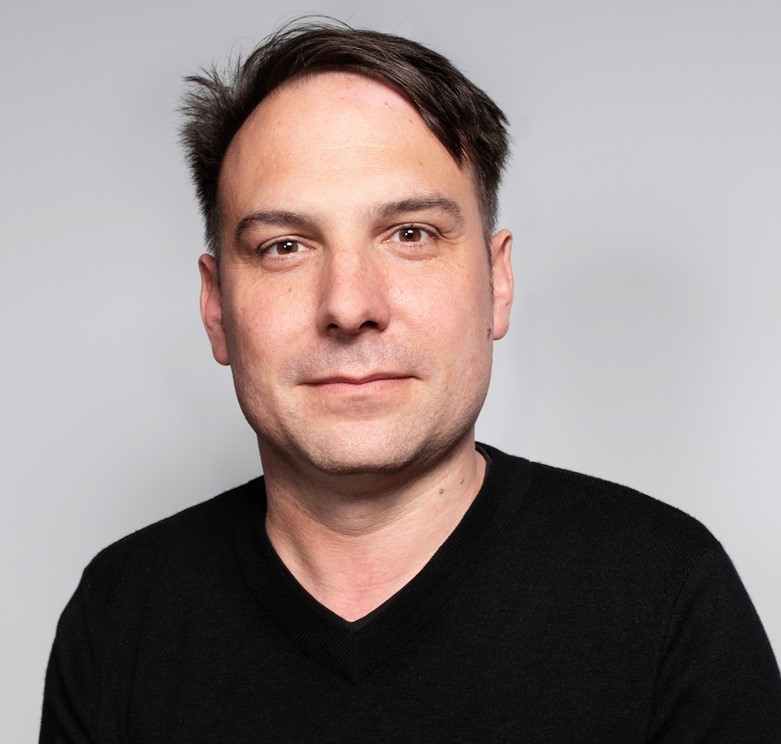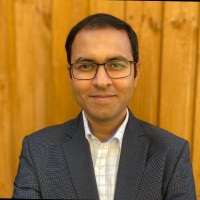
Prof. Dr.-Ing. Jörg Ott - TU Munich, Germany
Title: The Edge is Near
Bio: Prof. Dr.-Ing. Jörg Ott is the Chair for Connected Mobility at Technische Universität München in the Faculty of Informatics since August 2015. He is also Adjunct Professor at Aalto University, where he was Professor for Networking Technology with a focus on Protocols, Services, and Software in the Department of Communications and Networking(Comnet) in the School of Electrical Engineering at Aalto University from 2005 through 2015. From 1997 through early 2005, he was Assistant Professor in the Computer Networks group at the Universität Bremen and member of the Center for Computing Technologies (TZI). From 1992 through 1997 he worked as a research staff member with teaching responsibilities at TU Berlin. He received his Doctor in Informatics (Dr.-Ing.) in 1997 from Technische Universität Berlin. His research interests are in network architectures, protocol design, and networked systems, from modeling to implementation. His current research areas include communication in challenged networks, particularly delay-tolerant/mobile opportunistic networking; adaptive real-time communication, information-centric networking, and network measurements. He is co-chair of the DTN Research Group in the IRTF. In the IETF, was co-chair of the MMUSIC working group from 1997 through 2009 and co-chaired the SIP working group from its foundation in 1999 to October 2002. He has served the networking community as Treasurer of ASCM SIGCOMM, Vice-chair of IEEE Comsoc TCCC, General Co-Chair of several conferences (incl. ACM SIGCOMM 2012, ACM MobiSys 2018, ACM CoNEXT 2021) and a TPC co-chair of numerous conferences and workshops.

Prof. Hannes Mühleisen - CWI, Netherlands
Title: Analytical Query Processing on the Edge
Abstract: Analytical data management systems have long been monolithic monsters far removed from the action by ancient protocols. The common two- or three-tier architecture firmly placed data engines on dedicated, expensive hardware. Clients were reduced to politely asking for answers to their questions and then patiently waiting for an answer.
High-efficiency data processing methods like vectorized processing and morsel-driven parallelism greatly increase the capabilities of data engines. This coincides with both a staggering growth in hardware capabilities and a leveling-off of useful dataset growth. Together, those developments allow moving analytical engines everywhere, if properly designed.
The new class of in-process analytical engines like DuckDB allows them to move into any application process, which greatly streamlines data transfer, deployment, and management. This new class of systems also enables a whole new list of use cases, for example in-browser or edge OLAP, running SQL queries in lambdas and Big Data on laptops.
Bio: Prof. Hannes Mühleisen is a creator of the DuckDB database management system and Co-founder and CEO of DuckDB Labs. He is a senior researcher at the Centrum Wiskunde & Informatica (CWI) in Amsterdam. He is also Professor of Data Engineering at Radboud University Nijmegen.

Dr.Sourav Bhattacharya - Samsung AI, UK
Title: Deploying Foundation Models to the Hands of Millions of Users: A Device Perspective
Abstract: Foundation models have changed the AI industry significantly. They are often trained on a very large amount of data and demonstrate excellent generalization properties across various downstream tasks. One major problem with state-of-the-art foundation models is they require a significantly large amount of computational resources. In this talk we will take a device view point and explore challenges to overcome when trying to run foundation models entirely on-device. In particular we will go through the optimization process of a novel on-device use case in detail, where an image foundation model is deployed on Samsung AI phones and currently being used by tens of millions of users.
Bio: Dr. Sourav Bhattacharya is the Director of Research and Head of On-device AI at Samsung AI Center, Cambridge. He has over a decade of AI industry experience and successfully deployed a number of AI products to the hands of millions of Samsung smartphone users in the areas of generative AI, automatic speech recognition and audio intelligence. Authored over 90 scientific publications and technical blogs at premier machine learning and mobile systems conferences. Regularly serves as a Technical Program Committee member in high profile conferences and has a number of patents approved/pending. His research interests include deep learning, on-device generative AI, neural network compression and mobile system optimizations.


